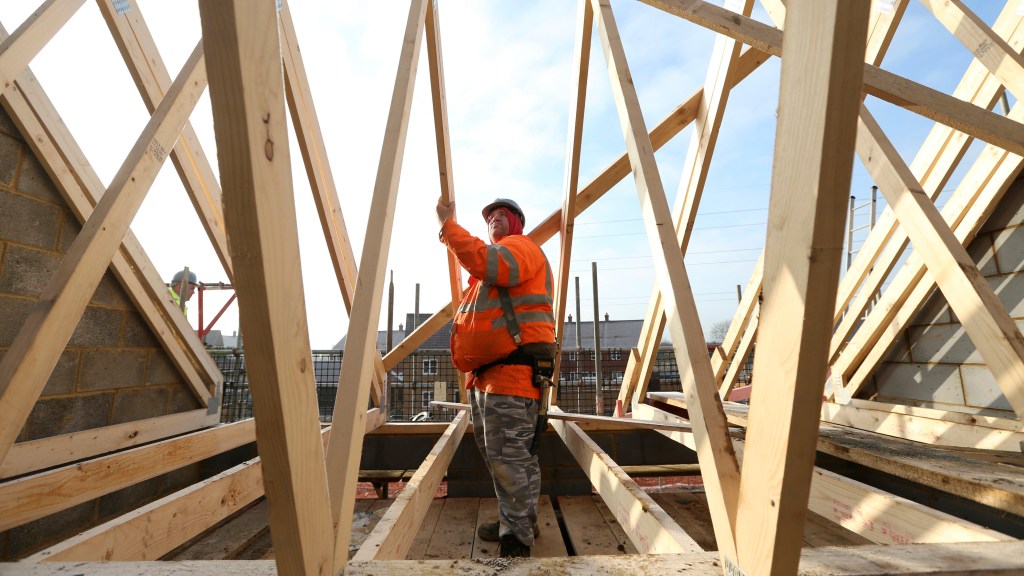Housebuilders to Fall Short of 1.5 Million Homes Target, Report Indicates
A recent report suggests that housebuilders in the UK are unlikely to reach the ambitious goal of constructing 1.5 million homes set by Labour for the next five years, even with proposed improvements to the planning framework.
The Centre for Cities think tank has analyzed the current trajectory of private developers, estimating that they will produce about 1.12 million new homes and flats by 2029. This projection leaves a significant gap of 388,000 homes that may not be compensated for by an increase in public sector housing efforts.
According to the report, the majority of this deficit will affect major urban areas, with London’s anticipated shortfall reaching approximately 196,000 homes.
Since Sir Keir Starmer’s election in July, Labour has prioritized the pledge to build 1.5 million homes. While the construction industry has publicly embraced this target, many executives harbor doubts about its feasibility.
Development firms have long voiced concerns about the sluggish and intricate planning processes. In response, Labour has proposed reforms, including the potential development of less aesthetically pleasing sections of the green belt, now referred to as the “grey belt.”
Andrew Carter, Chief Executive of Centre for Cities, emphasized the necessity for “wholesale planning reform” to achieve housebuilding levels reminiscent of the 1950s and 1960s, which are crucial for Labour to come close to its housing target.
“The government has set an ambitious target for housebuilding, which is commendable,” Carter stated. “Achieving this would require parts of England to hit an 80-year record in home construction, marking considerable progress for the country. However, a more ambitious strategy is essential to realize this goal.”
The think tank advocates for the replacement of the existing discretionary planning framework with a more structured, flexible zoning system akin to European models. It also calls for the release of additional green belt land for development, particularly near major commuter train stations.
Centre for Cities recognizes that private developers alone cannot address the housing crisis and insists that a notable increase in public sector housing through government grants is indispensable.
“The UK is facing a productivity crisis,” Carter remarked. “Our major cities serve as vital productivity hubs, yet the current planning system has consistently failed to provide a sufficient housing supply for the workforce. We have successfully executed significant planning reforms in the past, and we can do so again.”
A government spokesperson responded that despite the challenging housing situation inherited from previous administrations, the government is committed to delivering the 1.5 million homes needed for the country. Plans already in place aim to simplify the planning process, reintroduce mandatory housing targets, and eliminate obstacles preventing housing developments from moving forward.
Additionally, the upcoming Planning and Infrastructure Bill is expected to further reform the planning landscape to stimulate housebuilding and drive economic growth nationwide.




Post Comment